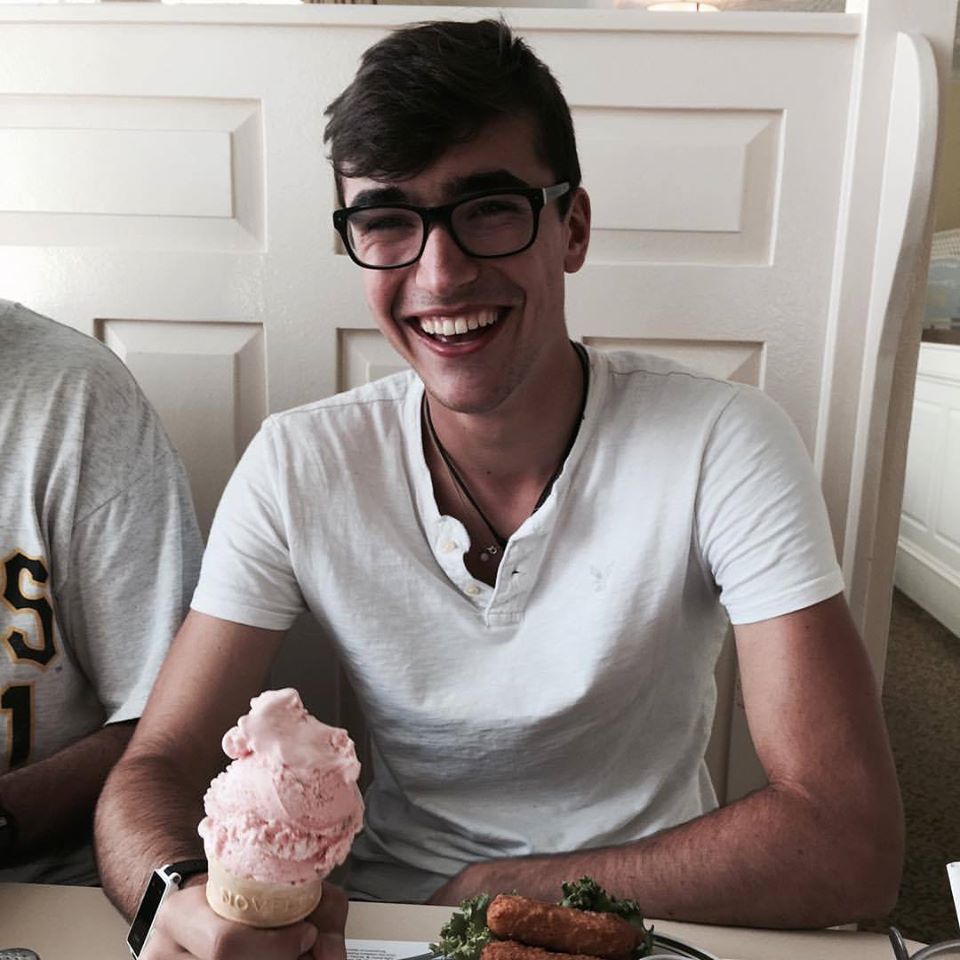Some Haverford students are suspicious of a campus center for Jewish life
By Molly Hawkins
Th Rohr Center for Jewish Life, located in a house just across the street from Haverford College, has had a strong relationship with the school for years. It also has a controversial reputation on campus.
The Center is also known on campus as Chabad, and affiliated with the organization Chabad, described as, “one of the world’s best-known Hasidic movements, particularly for its outreach activities,” according to Wikipedia.
Haverford’s Chabad house is run by the Rabbi, Eli Gurevitz, and his wife, Blumia. Together, they host a variety of events that support the Tri-Co’s Jewish community, including Shabbat dinners every Friday evening to welcome in the Sabbath, as well as services and gatherings during Jewish holidays.

A Hanukkah Party at Chabad House
Despite being affiliated with a national orthodox organization, The Rohr Center’s doors remain open to all regardless of religion, race, nationality, or gender. Shabbat dinners are made up of observant Jewish people, people who identify as culturally Jewish but not very observant, as well as others from different religious backgrounds who go to Chabad for reasons — such as spending time with friends and eating a delicious, home-cooked meal.
All that is needed to attend Shabbat dinner, or any other event held at the Rohr Center, is respect for Judaism and Jewish culture, and the ability to keep an open mind.
Even having both a Jewish friend and a need for something to do on a Friday night could be all it takes to get through the doorway of the Rohr Center. During Shabbat dinners, Rabbi Gurevitz always reserves a few minutes to go around the room and allow each person to give a short message.
Every week, many people express gratitude for Chabad as a comfortable Jewish space. But many express gratitude for Chabad as an inclusive, welcoming place that allows them to spend time with friends and eat good food.
Despite this praise, the general attitude towards Chabad on campus is often negative. Students who choose to attend Shabbat dinners and other events are automatically thought by some to hold Orthodox values.

 way that was very authentic.
way that was very authentic.